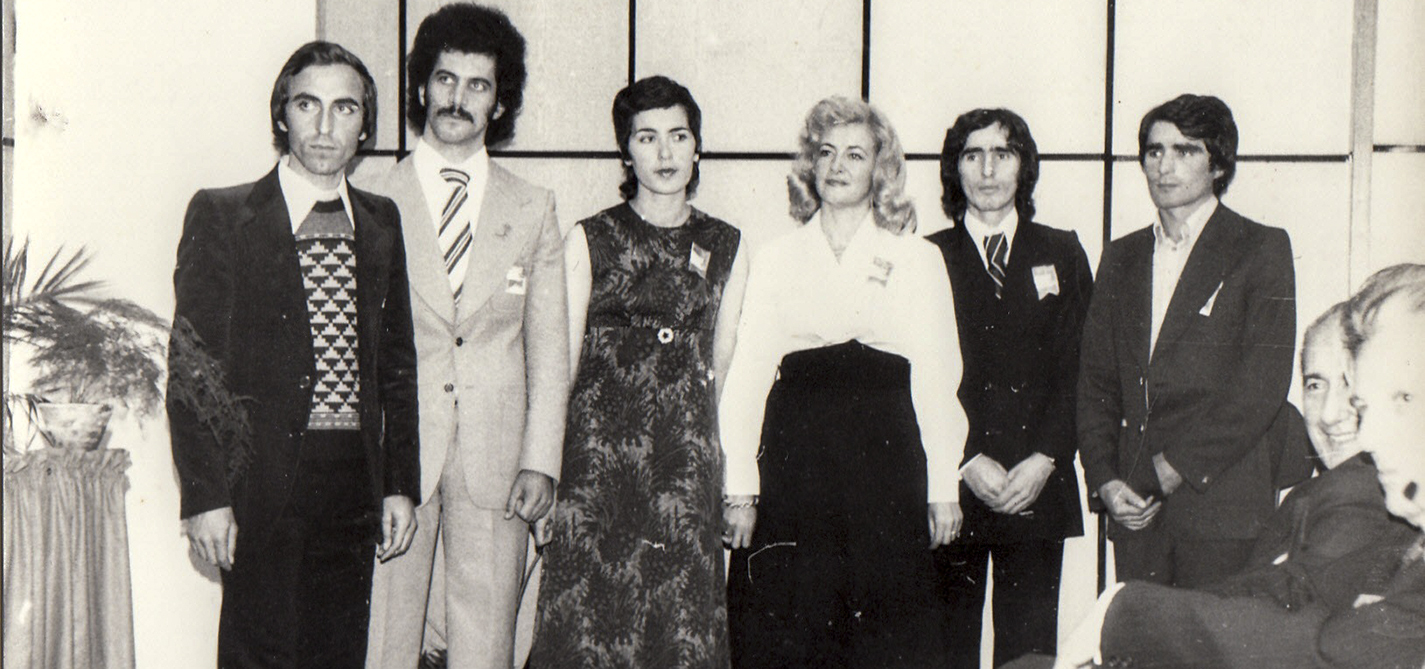
A university for 50 years
Personal accounts from the first UP graduates.
For students of that time 2019 is the jubilee year, because it marks the passing of half a century since they became the first generation at UP.
In the first semester of 1960, the faculty was still incomplete regarding facilities, staff, the library.
At that time the Serbo-Croatian language dominated in many administrations, in daily life, in different institutions.
In order to do a demonstration of Pavlov’s conditioned reflex, they brought a dog — to bring it, they had to make a special passport to cross the Albanian border.
Although I was a mother, I tried to live the student life and take part in activities that were organized within the faculty.
To my surprise, in the second lecture, the professor was the man whose boots I had earlier offered to clean.
There was a general practice where most rooms hosted one student illegally, since there wasn’t enough space for everyone.
We would mostly go out for walks in the main square — we would walk up and down for about an hour, meeting and talking to people we knew.
The next morning they took my father to jail. A couple of days later, they just told me: “You’re no longer part of us!”

Aurela Kadriu
Aurela Kadriu is a sociologist, researcher and cultural manager. Her research on memory, socio-urbanism, gender and human rights is focused on the recent history of Kosovo and the former Yugoslavia. She is the Program Director of Qendra Multimedia — a cultural organization dealing with cultural production, focused on contemporary theater and literature.
This story was originally written in Albanian.